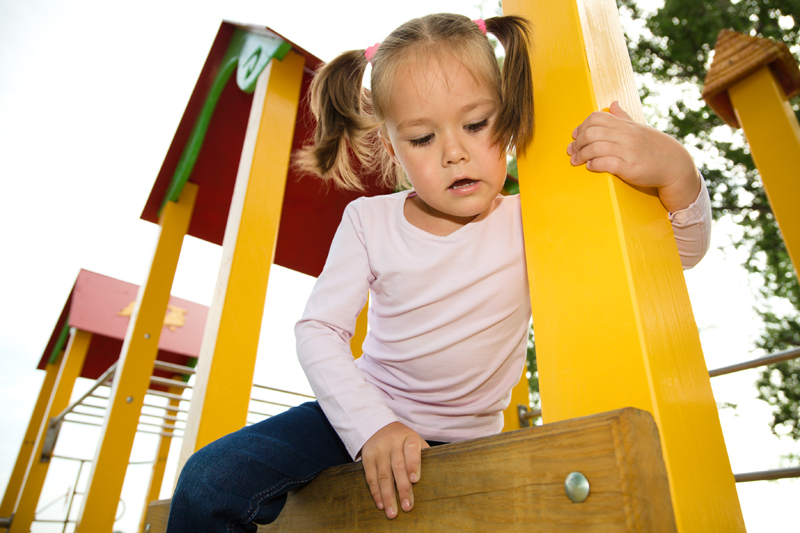With each school shooting tragedy, schools have an exceptional reason to increase security measures to protect its students. But, are there ramifications to these measures?
According to an analysis from the Washington Post, lockdowns can cause grave psychological damage for children.
The Post reviewed 20,000 news stories and data from 31 school districts in the country’s largest cities and found that more than 4.1 million students experienced at least one school lockdown in the 2017-2018 school year. It also found that more than 25,300 students experienced gunfire incidents on campus last school year.
The newspaper says the final numbers of their analysis could be even higher because many districts do not track lockdowns or the impact they have on children.
Experts say many students do not understand or know the difference between a lockdown drill and real active shooter incidents, leading them to believe they are in serious dangers or might even die.
Students during a lockdown have wept, soiled themselves and written farewell messages to family members. Some students, like 12-year-old Javon Davies from Birmingham, Al., even write wills, reports the New York Post.
During a lockdown drill, Davies listed the items he wanted his family to have on a piece of paper, including his dirt bike, play station and credit card.
“Hey family, I love y’all,” Davies wrote. “Y’all put the clothes on my back. You stick by my side and I love you very much.”
Following the Feb. 14 shooting at Marjory Stoneman Douglas High School, there was a national spike in the rate of lockdowns, the peak being in the following two weeks.
On Feb. 23 alone, there were 33 incidents that led to 67 school lockdowns, affecting 50,427 students.
According to the Post, this is the most school lockdowns during any single day last school year.
Lockdowns Can be a Double-Edged-Sword
Experts in childhood trauma believe that while most kids won’t suffer long-term consequences, a substantial percentage will.
MaKenzie Woody, 6, says she has not stopped loving school because of lockdowns, but they are often on her mind. They interrupt her learning and make her afraid during class and even recess.
“I don’t want to be outside because what if someone was shooting and we had to leave and we were too late and everybody got hurt?” she said.
Child psychiatrist Steven Schlozman calls it a “pressing public health issue.”
“We have very good data that children in proximity to frightening circumstances, such as those that trigger school lockdowns, are at risk for lasting symptoms,” he said. “These include everything from worsening academic and social progression to depression, anxiety, poor sleep, post-traumatic symptomatology and substance abuse.”
John Czajkowski, a former teacher and naval officer who heads security in a San Diego school district, says full-scale lockdowns should only be engaged when necessary.
When explaining the impact a lockdown can have, he says they are “like an airbag.” While airbags are meant to save lives, they can also cause injuries like cracked teeth and broken noses.
Some schools go into “secure campus” mode, where classroom and exterior doors are locked, and no one enters the buildings, but teachers can continue their classes without interruption. Certain school districts categorize this as a lockdown, while others call them “lockouts,” “building mode,” or “sheltering in place.”
While still potentially unnerving for children, an experience like this is usually less scary.
Because there is no single best practice for lockdowns, schools have taken drastically different approaches. While there may not be an exact right answer, there are ways to improve a lockdown and increase safety.







